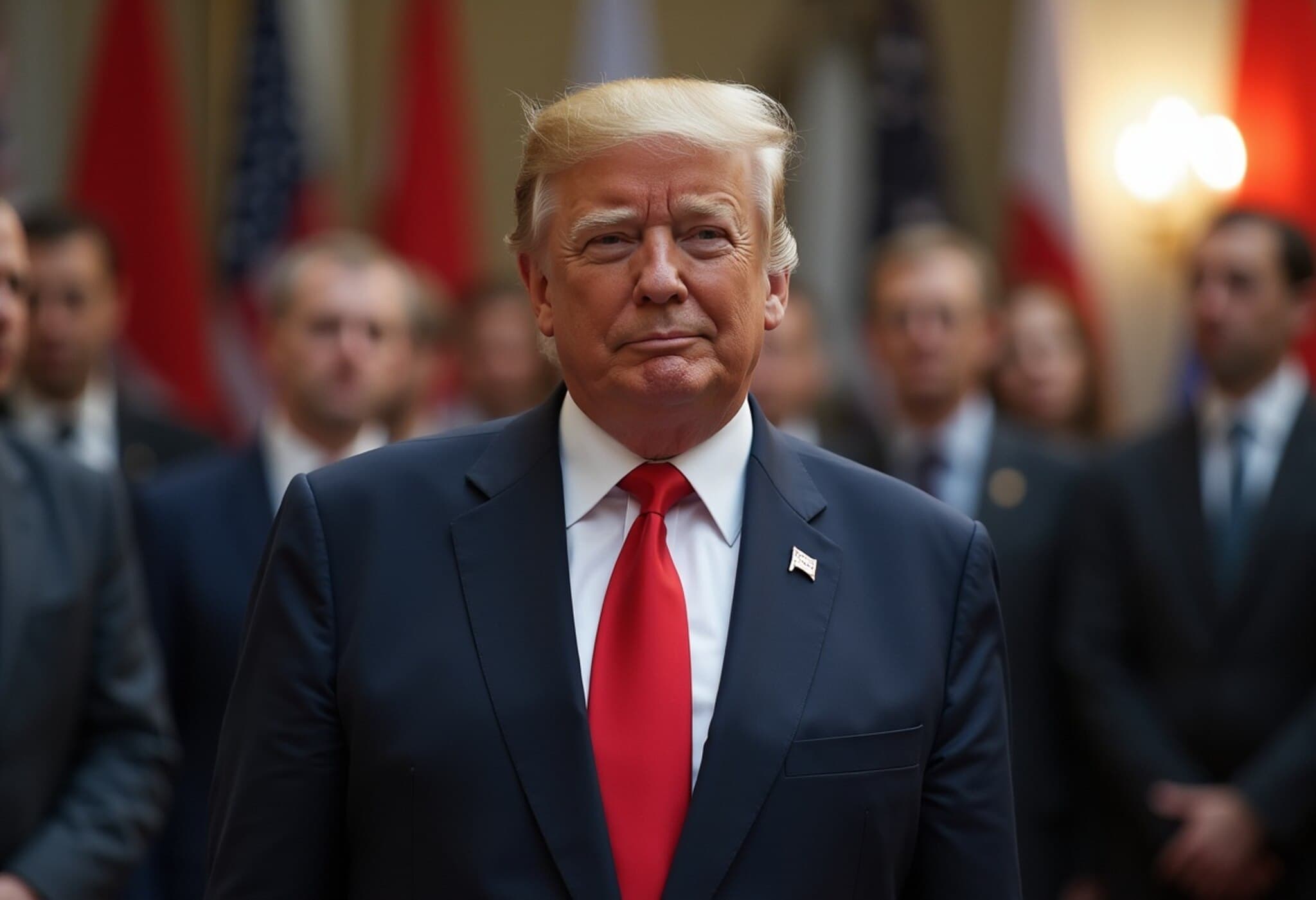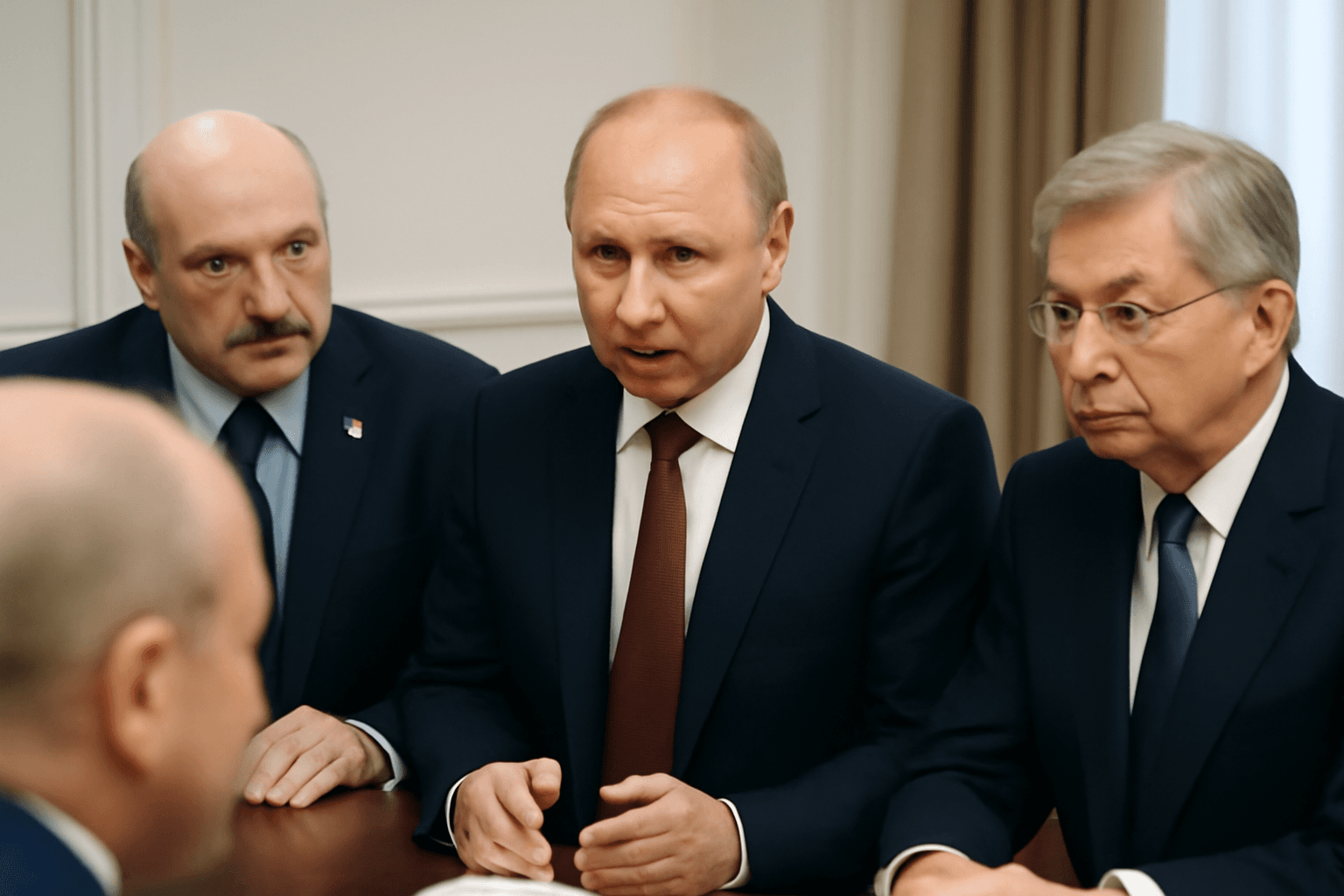Hungarian Opposition Leader Calls on Russia to Respect Sovereignty Amid Election Tensions
As Hungary gears up for its pivotal parliamentary elections scheduled for spring 2026, political stakes have escalated following a provocative statement by Russia's Foreign Intelligence Service (SVR). Peter Magyar, leader of Hungary's main opposition Tisza Party, took a bold step by publicly demanding that Russia cease any interference in Hungary's domestic politics and respect the country's sovereignty.
Background: Russia’s SVR Targets Opposition Leader
Earlier this week, Russia’s SVR issued a controversial communique branding Peter Magyar as a loyalist to “globalist elites” and insinuating that the European Commission is contemplating a “regime change” in Hungary’s capital, Budapest. This not only inflamed existing political tensions within Hungary but also raised alarms among NATO and EU observers concerned about foreign meddling in democratic processes.
Peter Magyar’s Open Letter: A Call for Transparency and Respect
In response, Magyar published an open letter addressed to the Russian Ambassador in Budapest, candidly questioning the intended impact of the SVR’s statements. On his official Facebook page, he demanded unequivocal assurances that Moscow will refrain from any acts of interference, including disinformation campaigns, cyber-attacks, or intimidation tactics targeting Hungarian politicians or citizens.
"Hungary's sovereignty and the sanctity of our democratic process are non-negotiable," Magyar emphasized. "Respect for these principles isn’t just diplomatic formalism; it’s the baseline for any meaningful cooperation between our nations."
Contextualizing Hungary’s Political Landscape
Prime Minister Viktor Orbán’s Fidesz party has held power since 2010, often drawing criticism from fellow European Union (EU) leaders for cultivating close ties with Moscow while positioning Hungary ambivalently regarding support for Ukraine amid the ongoing conflict with Russia. Orbán’s government notably refuses to provide military assistance to Ukraine, a stark departure from many NATO allies’ policies.
Meanwhile, Magyar’s Tisza Party has steadily gained traction in opinion polls, positioning itself as the probable alternative to Orbán’s entrenched administration. Despite his opposition status, Magyar has expressed intentions to maintain pragmatic relations with Russia, which remains Hungary’s dominant energy supplier and key partner in expanding the Paks nuclear power plant.
Expert Insights: Foreign Interference and Democratic Resilience in Central Europe
Security analysts observe that Russia’s targeting of Magyar represents a strategic attempt to deepen fissures within Hungary’s political discourse, exploiting existing fault lines between pro-EU reformists and Orbán’s nationalist camp. Such interference needs to be seen against a larger backdrop of Moscow’s efforts across Europe to destabilize democratic institutions through hybrid tactics—not only in Ukraine but also in NATO-member states like Hungary.
From a US policy perspective, the incident underscores the urgent need for heightened vigilance and support for democratic resilience in Central Europe. Hungary’s position within NATO and the EU makes it a critical pivot point where Russian aggression via disinformation and political manipulation can undermine Western unity.
What’s Next? Hungary’s Democratic Test
As the 2026 elections approach, the Hungarian public and policymakers face a crucial test: defending the integrity of their democratic process in the face of external pressure. Magyar’s public stance signals a growing recognition among Hungarian opposition figures that preserving sovereignty requires not only domestic resolve but also international solidarity against covert interference.
The Russian Embassy in Budapest refrained from commenting on questions posed about the SVR announcement. The evolving dynamics between Hungary’s major political actors and Russia will remain a focal point for analysts monitoring democratic health and geopolitical stability in Europe.
Editor’s Note
Hungary’s unfolding political drama reveals the complex interplay between domestic politics and foreign influence in an era where democratic institutions are increasingly vulnerable to hybrid tactics. The opposition’s assertive demand for respect of sovereignty raises critical questions: How can EU and NATO allies bolster Hungary’s defenses against covert interference? Will Hungary’s voters view this external pressure as a factor shaping their choices? And fundamentally, what does this mean for the broader resilience of democracy in Central Europe?
The coming months will be decisive in answering these questions—both for Hungary’s political trajectory and for the integrity of democratic processes across the region.










